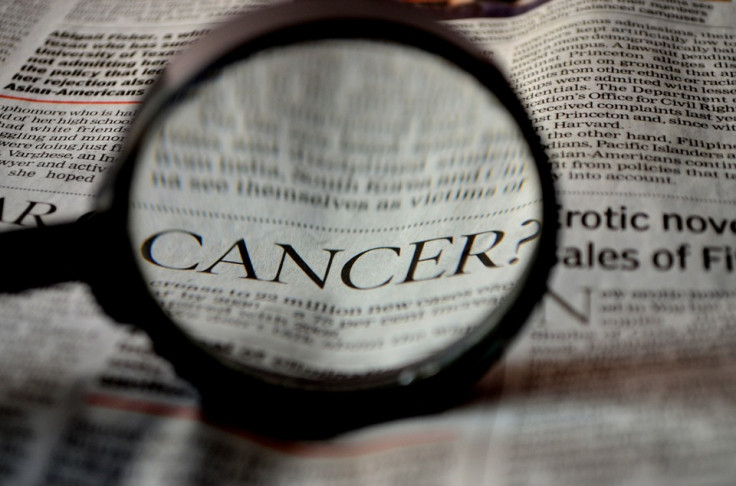Aging men may lose sex chromosome, increasing cancer fatality
Loss of the Y chromosome has been linked to an increased risk of developing various cancers, with findings shedding light on the intricate relationship between ageing, genetics and cancer progression.

In a groundbreaking discovery, a recent study from the Cedars-Sinai cancer centre suggests that ageing men may lose their Y chromosome. This phenomenon, known as loss of Y (LOY), has been linked to an increased risk of developing various cancers and potentially worsening their outcomes.
Dan Theodorescu, director of Cedars-Sinai Cancer and author of the study published their findings in Nature on June 21. The findings shed light on the intricate relationship between ageing, genetics and cancer progression, urging further research and consideration in the field of oncology.
The implications of this chromosome loss are far-reaching, particularly in the context of cancer. According to the study, individuals with LOY were more susceptible to developing certain types of cancer, including prostate, lung and bladder cancers. Furthermore, the presence of LOY was associated with an increased likelihood of cancer progression and a higher risk of cancer-related mortality.
The PHASE ONE Distinguished Chair stated: "This study for the first time makes a connection that has never been made before between loss of the Y chromosome and the immune system's response to cancer. We discovered that loss of the Y chromosome allows bladder cancer cells to elude the immune system and grow very aggressively."
While the precise mechanisms behind this phenomenon remain under investigation, scientists speculate that the loss of the Y chromosome may lead to genetic instability, impaired DNA repair mechanisms and altered immune responses.
These factors could potentially contribute to the development and aggressiveness of cancer cells as bladder cancer cells in mice with fewer Y chromosomes grew at a "much faster" rate than those with more Y chromosomes.
However, these cells' aggressive nature does not mean they are no longer treatable.
"Fortunately, this aggressive cancer has an Achilles' heel, in that it is more sensitive than cancers with an intact Y chromosome to immune checkpoint inhibitors," said co-author Hany Abdel-Hafiz in the release.
Further research is needed to help the investigators understand the genetic connection between the loss of the Y chromosome and T-cell exhaustion. T-cells are the cells that attack cancer cells to cause them to become inflamed and die.
Theodorescu said: "The fact that we only see a difference in growth rate when the immune system is in play is the key to the 'loss-of-Y' effect in bladder cancer. These results imply that when cells lose the Y chromosome, they exhaust T-cells. And without T-cells to fight the cancer, the tumour grows aggressively."
The study's findings emphasise the need for further research into the biological mechanisms underlying LOY and its impact on cancer progression. Understanding these processes at a molecular level could pave the way for innovative diagnostic tools and targeted therapeutic interventions, ultimately improving cancer treatment outcomes for affected individuals.
The implications extend beyond cancer research, as LOY may also have broader health consequences for ageing men. Previous studies have linked LOY to an increased risk of cardiovascular disease, Alzheimer's disease and overall mortality.
By uncovering the associations between LOY and cancer, researchers hope to unravel the underlying biological pathways that connect ageing, genetics and various age-related health conditions.
Females can also benefit from this research as the Y chromosome contains a set of related genes, called paralogue genes, on the X chromosome that both men and women have.
"Awareness of the significance of Y chromosome loss will stimulate discussions about the importance of considering sex as a variable in all scientific research in human biology,
The fundamental new knowledge we provide here may explain why certain cancers are worse in either men or women and how best to treat them. It also illustrates that the Y chromosome does more than determine human biologic sex," Theodorescu said.
Moving forward, researchers aim to explore the potential clinical applications of this knowledge, including the development of biomarkers for early cancer detection and risk stratification.
Additionally, efforts will be directed towards investigating interventions that may mitigate the adverse effects of LOY and enhance cancer treatment outcomes in affected individuals.
© Copyright IBTimes 2025. All rights reserved.






















